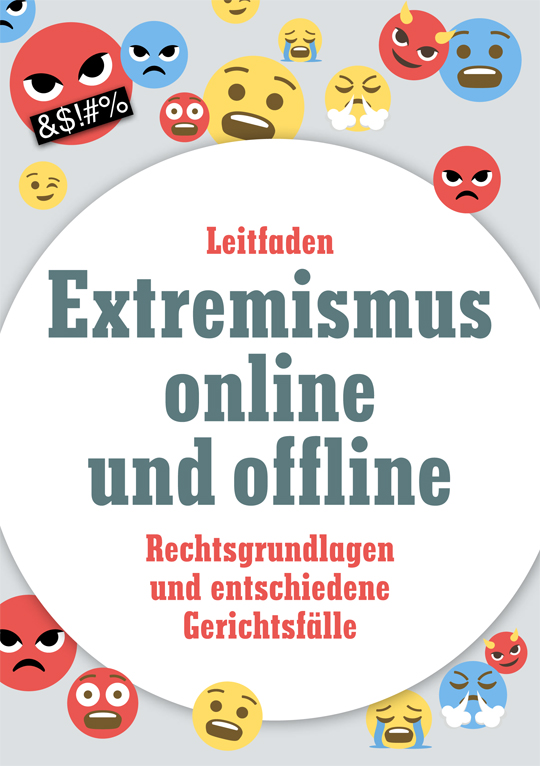What is Discrimination?
Discrimination means worse treatment/disadvantage.
Etymologically, discrimination derives from the Latin word "discriminate" = "to distinguish". Distinguishing is a performative act, i.e., a particular effect actually occurs, whether intended or not. Someone feels offended or hurt, because of an insult. The subjective perception of the person being discriminated is the starting point as to whether discrimination is involved or not. Someone who discriminates may or may not have done so with the purpose of being discriminatory against an individual or a group.
Discrimination is the unfair treatment of people in connection with certain characteristics such as gender, skin color, ethnic or social origin, age, disability, language, religion, ideology, political or other opinion, membership of a national minority, sexual orientation, property, birth, or genetics characteristics (cf. Article 21 of the Charter of Fundamental Rights of the European Union). A meaning is ascribed to these characteristics without factual justification, which either includes people in a group or excludes them from a group in connection with one or more of these characteristics. Legally, these characteristics are referred to as discriminating characteristics or grounds for discrimination. Disadvantages of people in connection with these characteristics are never isolated events. Each and every disadvantage is part of an overall discriminatory system that works on several levels:
Individual level: Two people communicate with each other, and one person is insulted or disadvantaged by the other person in connection with one of the mentioned characteristics (e.g., a sexist insult, a racist job refusal, a homophobic "joke"...)
Structural level: People with certain characteristics do not have the same opportunities in key areas of society as people without these characteristics. This partially clear from statistical surveys and reveals discrimination without at the same time being able to identify concrete perpetrators.
Societal level as a whole: Certain clichés and attributions exist in relation to people with certain characteristics without reference to a concrete communication situation and without statistical data. "Men think analytically, women are emotional." "These and many other clichés are still being reproduced in everyday life, in the media and in mainstream entertainment, thereby reinforcing discrimination. Discrimination is also the umbrella term for the various oppressive systems: sexism, racism, classism, homophobia, anti-Semitism, Islamophobia, ageism...
These systems of oppression have grown historically over many decades, sometimes centuries, and have therefore grown very well within society. The consequence of this is that the dismantling of these suppression systems - if desired at all is a very lengthy process.


 »
»